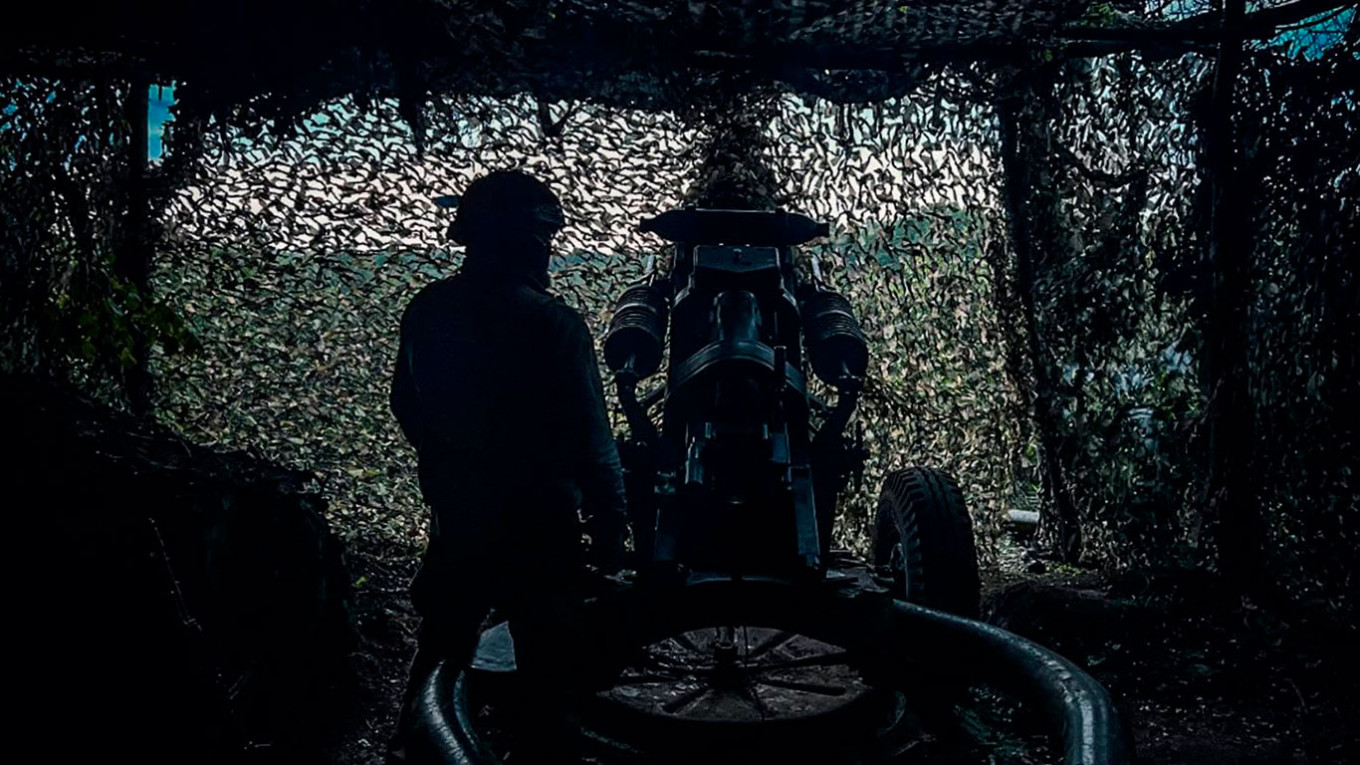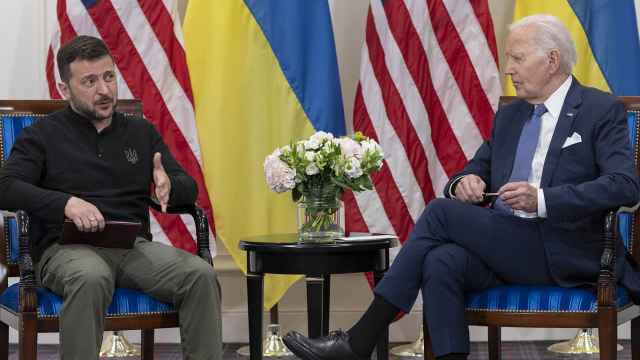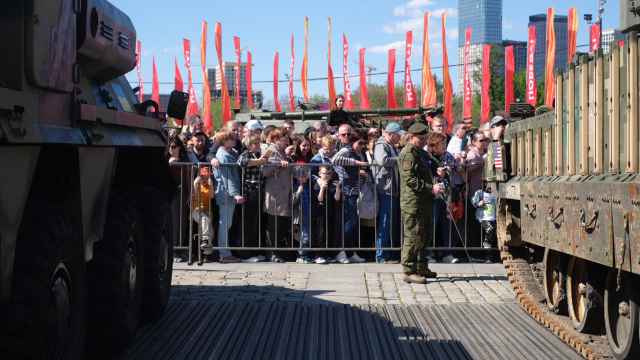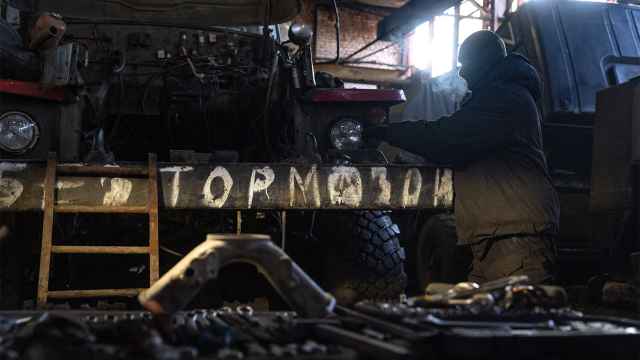Dutch and German intelligence agencies said Friday that they had gathered evidence of Russia’s growing use of chemical weapons in Ukraine and called for tougher sanctions against Moscow and continued military support for Kyiv.
The Dutch military and general intelligence services, MIVD and AIVD, along with Germany’s foreign intelligence service BND, said they had identified the chemical agent chloropicrin, which “can be fatal when used in high concentrations in enclosed spaces.”
In May, the United States imposed sanctions on Russia for its alleged use of chloropicrin and tear gas in violation of the Chemical Weapons Convention. The Kremlin rejected the accusations as “baseless.”
The Dutch and German agencies said Russia’s military leadership and its radiological, chemical and biological defense forces were “supporting” and “actively facilitating” the use of banned agents on the battlefield.
“The use of both teargas and chloropicrin by Russian troops has now become standard practice and commonplace and will highly probably remain a threat in the future,” they said in a joint statement.
Dutch Defense Minister Ruben Brekelmans called the “systemic and large-scale” use of such chemicals a “slippery slope” that endangers not only Ukraine but Europe and the wider international community.
“This calls for more sanctions, the isolation of Russia and undiminished military support for Ukraine,” he said.
Brekelmans informed the Dutch parliament of the findings, which were made public to prevent the “normalization” of chemical weapons use, MIVD said.
The intelligence agencies said Ukraine has documented more than 9,000 chemical attacks by Russian forces since the full-scale invasion began in 2022. At least three Ukrainian deaths have been directly linked to chemical exposure, they said.
“Indirectly, Russia’s use of chemical weapons has led to far greater numbers of Ukrainian victims as it has forced many Ukrainian troops to break cover, allowing them to be killed using conventional weapons,” the agencies added.
Both Russia and Ukraine have accused each other of using chemical weapons during the war. Moscow maintains that it no longer possesses a military chemical arsenal, though it continues to face international pressure to increase transparency over its alleged use of toxic agents.
A Message from The Moscow Times:
Dear readers,
We are facing unprecedented challenges. Russia's Prosecutor General's Office has designated The Moscow Times as an "undesirable" organization, criminalizing our work and putting our staff at risk of prosecution. This follows our earlier unjust labeling as a "foreign agent."
These actions are direct attempts to silence independent journalism in Russia. The authorities claim our work "discredits the decisions of the Russian leadership." We see things differently: we strive to provide accurate, unbiased reporting on Russia.
We, the journalists of The Moscow Times, refuse to be silenced. But to continue our work, we need your help.
Your support, no matter how small, makes a world of difference. If you can, please support us monthly starting from just $2. It's quick to set up, and every contribution makes a significant impact.
By supporting The Moscow Times, you're defending open, independent journalism in the face of repression. Thank you for standing with us.
Remind me later.






